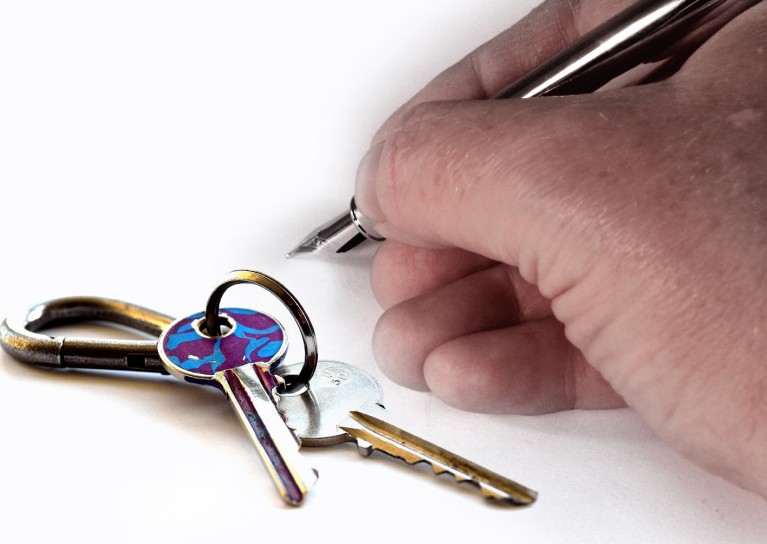
Your responsibilities as a landlord
Landlords have a number of responsibilities to their tenant that they are legally obliged to uphold. In this blog post, we’ll highlight some of these requirements of a landlord letting their property.
Upon starting a tenancy, landlords are required to give their tenants the government-endorsed How to rent guide, which will give tenants all the relevant information they need for renting a property. The guide includes useful advice on tenancy length, rights to rent, deposits and relevant paperwork. As well as providing tenants with a useful guide, it also serves landlords with all the information they’ll ever need when renting out a property.
If the landlord asks the tenant to pay a deposit, this must be protected under a tenancy deposit scheme and information surrounding this must be provided within 30 days. It is also the landlord’s responsibility to take out insurance on the house itself, whereas it’s up to the tenant to take out contents insurance if they wish.
If the landlord is offering the property as furnished or part-furnished, then they’ll need to comply with the furniture and furnishings regulation, which states that all furniture provided by a landlord must be fire resistant. This includes items such as beds, sofas, headboards, window seats, scatter cushions and many more. For a full list, click here. Most items sold nowadays are fire resistant, but we always recommend double-checking.
Smoke alarms must be fitted on every floor of the house, as well as a carbon monoxide alarm in every room with a solid fuel source. This includes checking all gas appliances in the property upon the tenancy starting, and carrying out annual gas safety checks and having a risk assessment in place to comply with Fire Safety Order. The property’s gas and fire safety must be in order and an Energy Performance Certificate (EPC) must be provided upon the tenant moving in.
While not legally required, it is highly recommended that all properties undertake an electrical installation condition report prior to any new tenants moving into the property. The penalties for not having a certificate in place should an accident arise are severe, including fines in excess of £5000 and even imprisonment. It is suggested that the test is carried out every five years by a qualified electrician or, ideally, each time there is a change in tenancy. Any electrical appliances provided in the househould should also be checked before letting.
If things don’t work out, and you want to evict your tenant, you have to get a Court Order to do so following either a Section 8 or Section 21 notice of evictionThis can be obtained through Court and enforced by the Court Bailiff, if necessary.
As managing agents for your property, we do everything that you as a landlord is required to do on your behalf, taking out the stress of renting. Here at the Letting Co, we like to think that we go above and beyond when it comes to your responsibilities. By constantly keeping up to date with new legislations, and with over 30 years combined experience in the field, we ensure that you are covered in all situations. Get in touch today by calling 0845 838 2890 or email info@thelettingco.com
All information presented in this article is correct at the time of writing. This blog is not legally binding, and if you are unsure about anything, we recommend you refer to the most current guidelines.